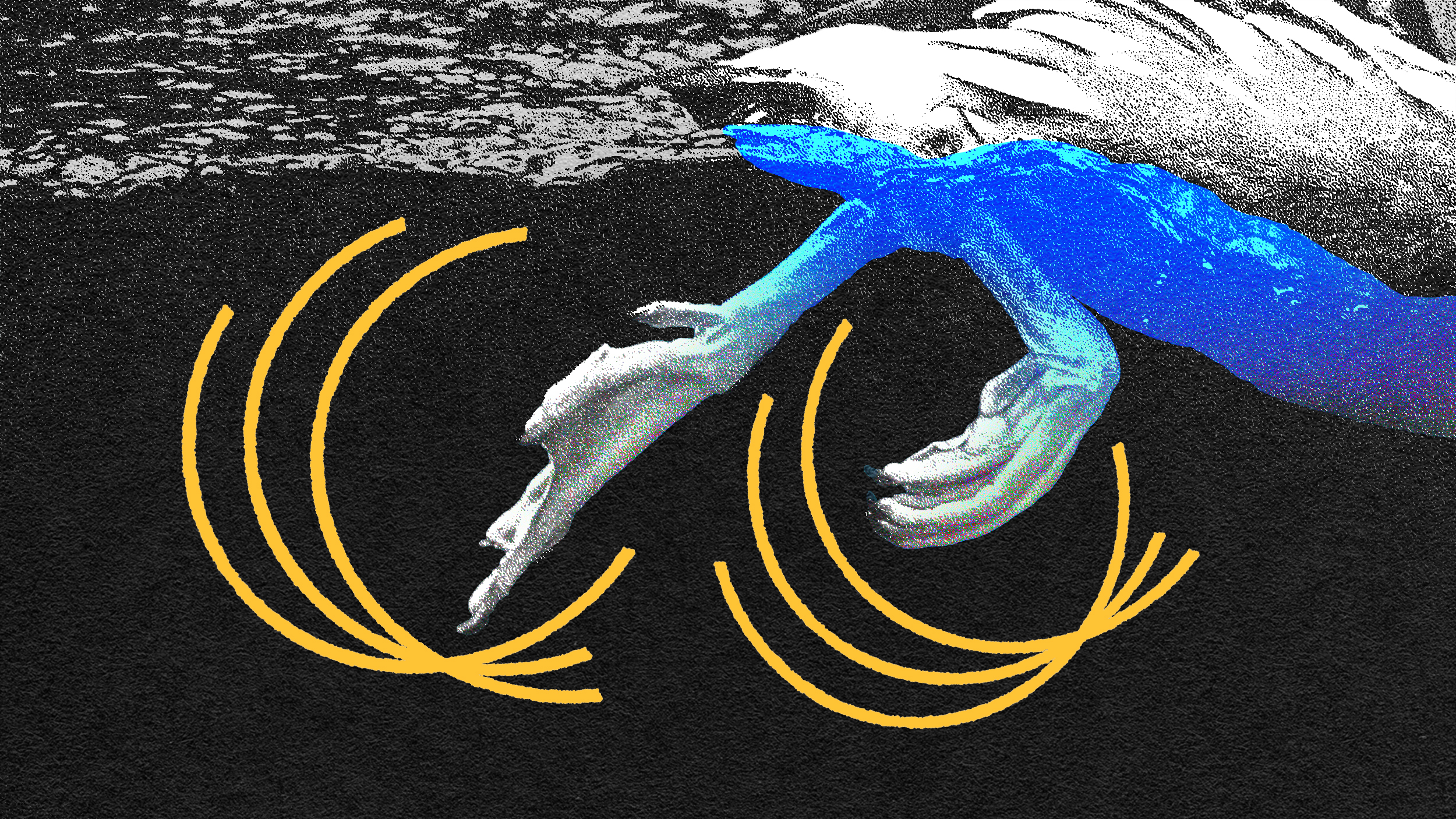TERRY WU: The human brain is not a thinking machine that feels, it's a feeling machine that thinks. Humans have this innate desire to seek a sense of control. Driven by our strong emotions, we stop making rational decisions when it comes to buying. We buy products simply because we want to gain a sense of control. At the same time, our innate desire to seek instant gratification drives us to buy more and more.
NARRATOR: How can we resist being manipulated into spending?
WU: With neuromarketing, we can understand how our emotions, feelings, and intuition shape our buying decisions.Money can bring joy, security, excitement, and satisfaction. At the same time, money can bring worry, jealousy, resentment, and anxiety.
NARRATOR: And what really drives our need to shop? This is Your Brain on Money. This is Terry Wu. He's a neuroscientist and a marketing consultant, and he wants people to understand the irrational forces driving their spending habits.
WU: From the evolutionary perspective, the human brain evolved to feel first and think later. The emotional brain is called the limbic system. It's responsible for all our emotions like joy, happiness, anger, fear, and anxiety. The rational brain is called the frontal cortex; it is heavily involved in reason and logic.Sometimes these two systems conflict with each other, and our decisions are the results of a complex interaction.
NARRATOR: At the start of the COVID-19 pandemic, many Americans stockpiled toilet paper, but not because it had anything to do with keeping them safe.
WU: Buying toilet paper was a simple coping mechanism for people to deal with their stress. While under stress, the frontal cortex stops functioning at full capacity. Our emotional brain kicks into a higher gear; it overpowers our rational thinking, we feel like we're losing a sense of control. We have difficulty in controlling our impulses and delay our gratification. We stop making rational decisions when it comes to buying.
NARRATOR: The miracle of modern abundance means more human beings have near-instant access to affordable products than in any other time in the history of the world.
WU: With online shopping available 24/7, it's very tempting to shop online all the time, and to seek that instant gratification and to seek that instant reward. We think Amazon is in the retail business, but in reality Amazon is in the instant gratification business. The human brain was not evolved to interact with a computer screen, the human brain was evolved to interact with other humans.
NARRATOR: Shopping is often easy and cheap. It makes sense that human neuropsychology might not be prepared to effectively navigate the constant deluge of social media shopping ads and one-click purchase buttons.
WU: Many companies subtly use crowd influence to nudge us to buy products.Imagine you try to buy a microphone for your computer. Amazon helps you make that decision by showing you the best sellers, the Amazon's choice, and those products that have the highest ratings. So Amazon pretty much has made that decision for you before you even went to Amazon.
NARRATOR: We often use credit cards when shopping online, which means there's a disconnect between our present self that gets to enjoy the new item and our future self who has to deal with the consequences.
WU: Credit card companies and loan companies know this very well. They intentionally disconnect the present self and the future self. When we spend money with cash, we can feel that money is leaving us. This is why spending money with a credit card we tend to spend more simply because we don't feel the pain of paying. Companies wanna give us the illusion that we're in control. When people have a better shopping experience, guess what, they buy more.
NARRATOR: It can be difficult to stop spending that's driven by the emotional brain, but it's not impossible.
WU: The important thing is you create some barriers between your desire to shop and shopping.In the old days, we did not shop every day, we shopped maybe once or twice a week. Designate a day in the week to shop. Allow yourself some time between the moment you think of buying something and the time you buy something.
NARRATOR: Stress reduction can strengthen our ability to resist the shopping impulse. Terry is a committed runner. It helps temper his desire to buy too many books.
WU: One way to lower our stress is physical activity. Anytime you feel like you're under stress, instead of going to shop, go outside, move your body. When your muscles become relaxed, your stress level goes down. Another way to reduce your stress is to seek social support. When you're connected with other people, you gain a sense of safety. That sense of safety can blunt your stress response and make your frontal cortex function better. Online shopping has become the predominant way for us to buy things in our lives, but are we going to adapt this in a bad way or in a good way? The answer is not clear yet.







